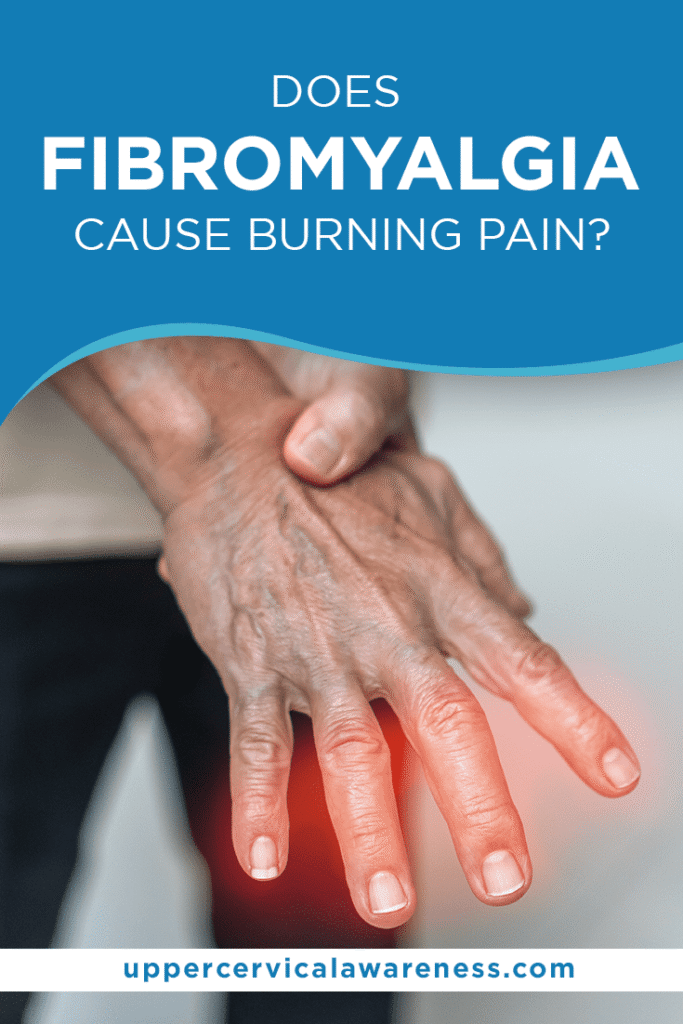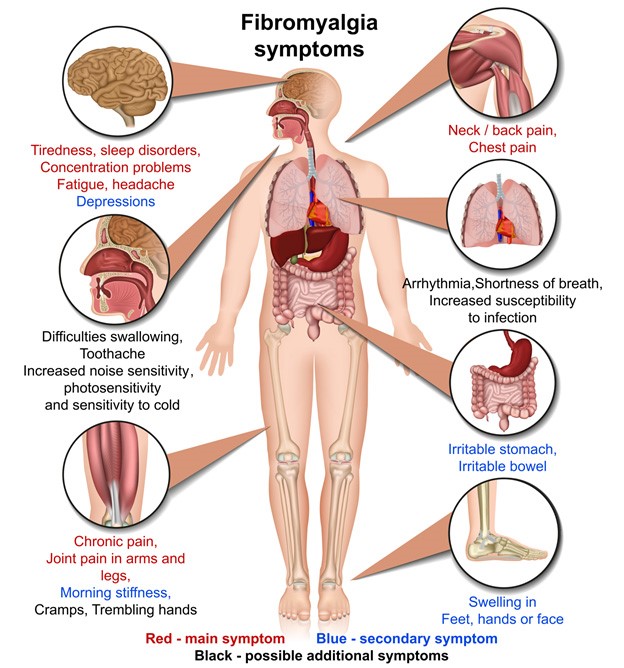This article is professionally consulted by Master, Doctor Bui Ngoc Phuong Hoa – Neurosurgeon – Department of Medical Examination & Internal Medicine – Vinmec Danang International General Hospital.
Chronic insomnia not only seriously affects the health and quality of life of patients but also has a close relationship with depression.
1. What is chronic insomnia?
Insomnia is also known as a sleep disorder. This is a condition that makes it difficult for you to fall asleep, to fall asleep even though you are very hungry. Chronic insomnia, also known as chronic insomnia, occurs when you lose sleep at least 3 nights/week for a month or Longer, common in diseases such as neurasthenia, anxiety disorders, depression…
According to the American Academy of Sleep Medicine, it is estimated that about 10% of adults suffer from chronic insomnia. and 15-35% of adults have insomnia that lasts for a few days, weeks, even up to 3 months. In fact, insomnia can happen to anyone.

2. The relationship between insomnia and depression
Experts believe that the symptoms of these two diseases are overlapping.
People with chronic insomnia have a higher risk of depression than the average person. In addition, according to recent studies, when people with depression have insomnia, the risk of relapse is higher than those without insomnia. Insomnia is a major cause of onset and prolongation of depression.
In addition, depression is a disease related to the nervous system, it affects the function of the brain, including the sleep cycle. When the circadian clock is disturbed, the erratic sleep-wake rhythm makes it harder for us to fall asleep. According to statistical studies, about 50-90% of people with depression often suffer from chronic insomnia.
This overlapping relationship creates a pathological vicious circle that is difficult for the patient to break out of without appropriate treatment.
3. Treatment of chronic insomnia

To support the treatment of chronic insomnia, patients need to build a habit of forming good sleep by the following methods:
Try to go to bed and wake up at a certain time, limit napping or just Take a short nap of about 15-20 minutes at noon. Avoid using your phone or iPad before bed because these devices emit light that can make it harder to fall asleep. Avoid drinking caffeinated beverages (tea, coffee…), smoking in the evening, before going to bed. The caffeine and nicotine found in cigarettes are stimulants that can keep you from sleeping. Maintain regular exercise. According to experts, you should not exercise for at least 1-2 hours before going to bed. Do not eat much at the end of the day, maybe eat a snack or drink a glass of warm milk before going to bed. Make sure your bedroom is dark, quiet, and not too hot or too cold. In case the bedroom is too noisy (near traffic, train tracks…), you can use noise-canceling earplugs to make it easier to sleep. Do the things you usually do before going to bed: personal hygiene, take a good bath, read a book, listen to melodious music, lie down, breathe deeply, do the sheep counting method… If you can’t sleep and don’t feel drowsy, read a book or do something non-stimulating until you feel drowsy; Note, should not read books with attractive content. Don’t sleep in on the weekend: Sleeping too much on the weekend can make it difficult to sleep on other days of the week. To treat persistent insomnia, in addition to medication to relieve symptoms, doctors may recommend cognitive behavioral therapy (Cognitive Behavioral Therapy). The patient will talk to the psychologist about his problems. The doctor will help relieve stress in life, share the difficulties the patient is facing, ways to overcome as well as how to accept the problem in a more positive and healthy way. Thanks to that, the patient will get a good night’s sleep, effectively improve the symptoms of nervous breakdown.
reference<https://www.vinmec.com/en/news/health-news/the-link-between-chronic-insomnia-and-depression/?link_type=related_posts



